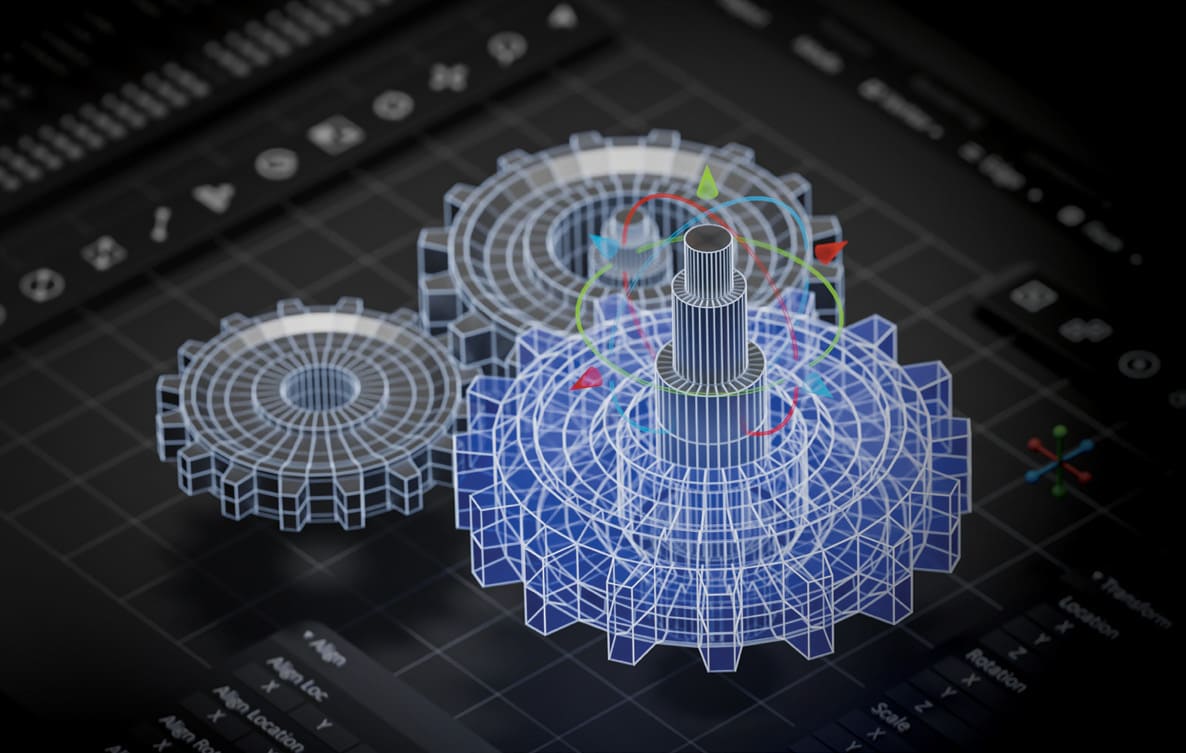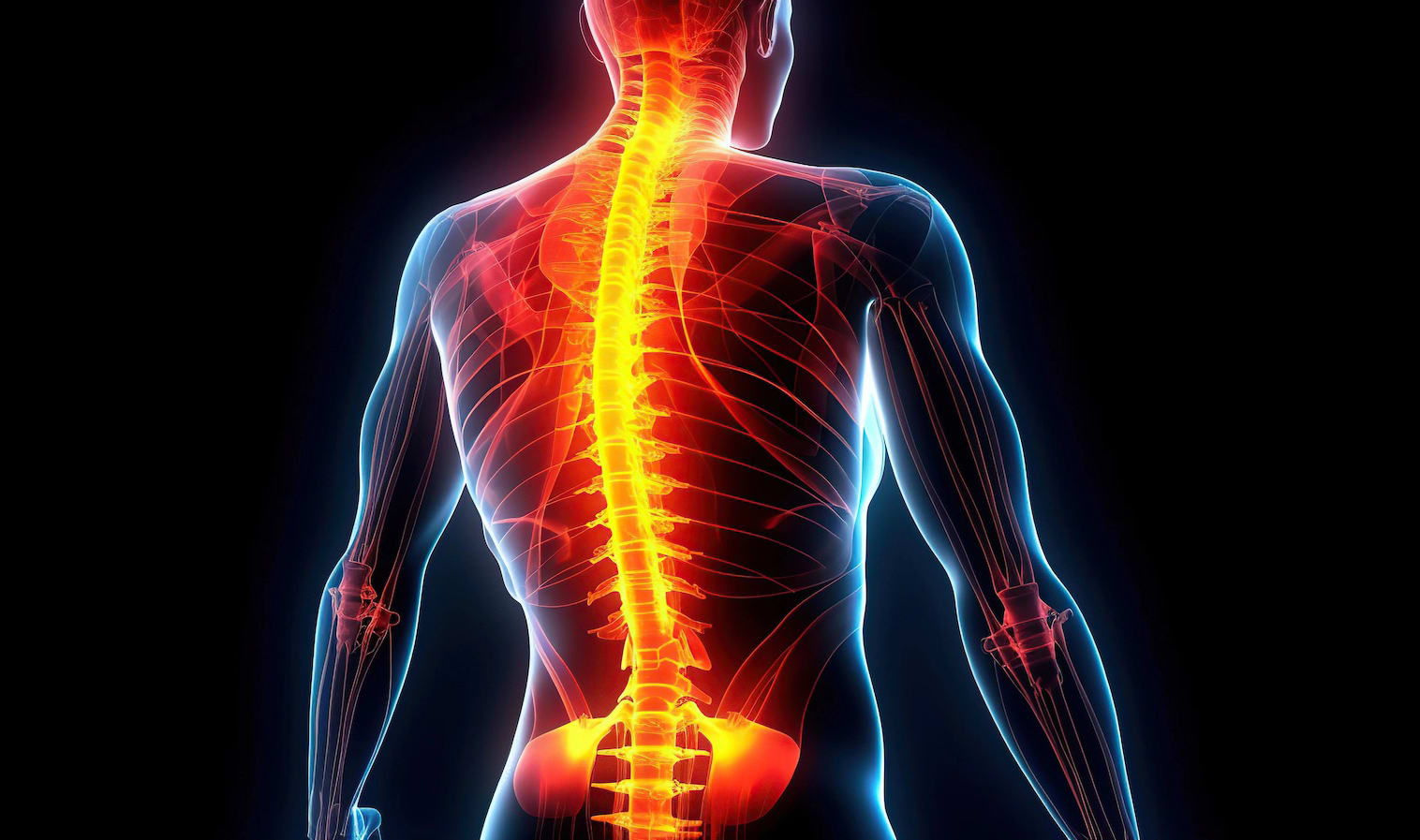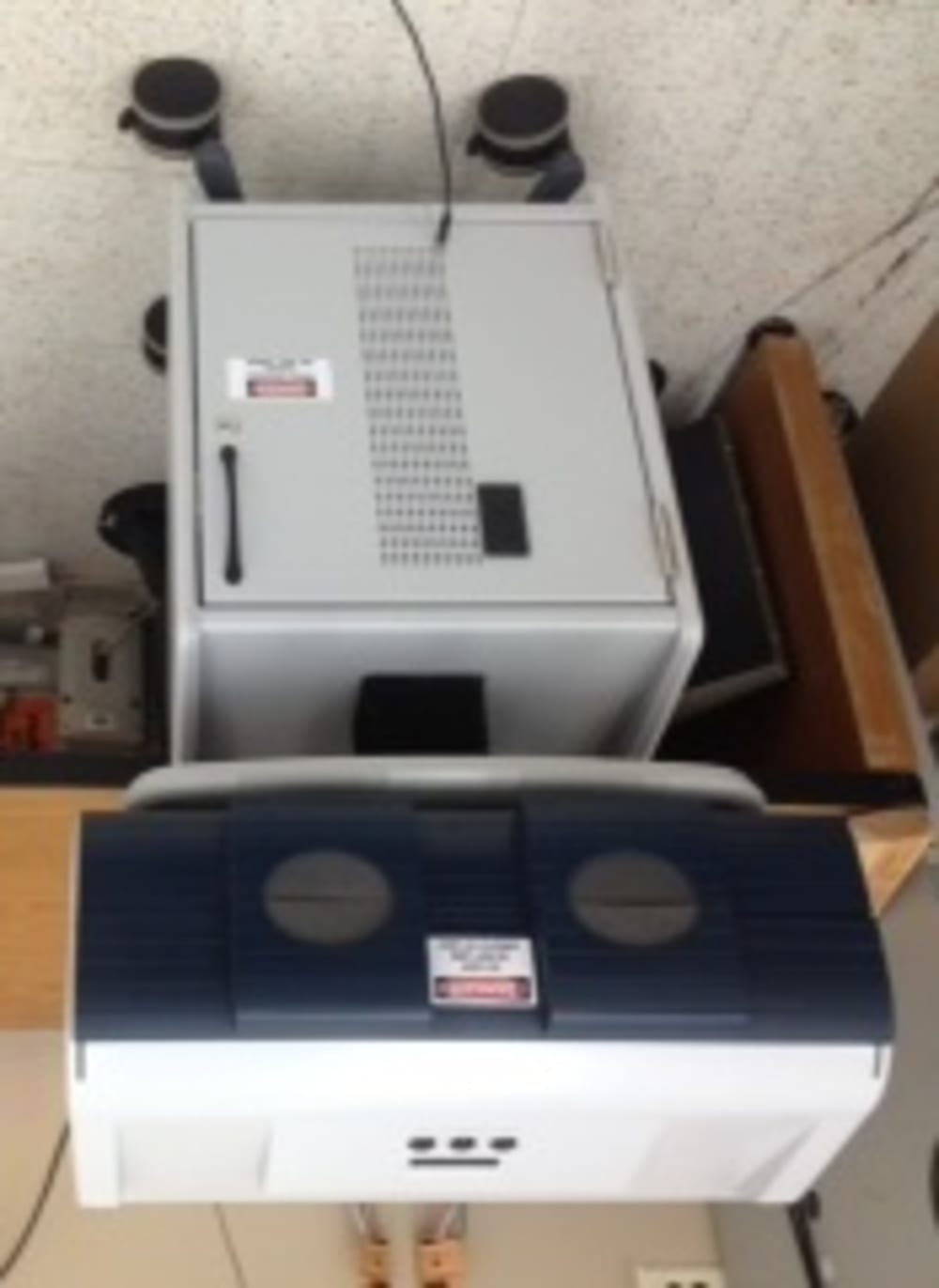
Germgard Lighting has developed and tested a small ultraviolet light dispenser, specifically designed for instantly and safely disinfecting bare and gloved hands. It achieves -6log10 inactivation in less than 3 seconds of all relevant pathogens, including antibiotic resistant bacteria such as MRSA, tough-to-kill Clostridium difficile spores, and infectious virus such as norovirus.
In contrast, the current hand hygiene approaches, hand washing and use of alcohol based hand rubs, for bare hands have limited ability to sanitize and fall short of the CDC’s nominal sanitation goal of -4log10 (99.99%) inactivation. Alcohol rub has limited efficacy against some virus, and is totally ineffective on Clostridium difficile spores. Since C. diff is a major killer, alcohol rub offers a false promise of protection against infection.
Alcohol rub sanitation requires 30 seconds and hand washing requires at least one minute. Both approaches irritate the hands, especially those of healthcare workers who are in constant contact with patients and need to sanitize their hands frequently. As a result, both techniques limit the compliance rate for hand hygiene in hospitals and food service to well under 100%. Substantial efforts to increase the compliance rate in hospitals have so far had limited effectiveness. As a result, global hospital infection rates continue to rise essentially unchecked.
Not surprisingly, with such ineffective solutions, and low compliance, progress in hospital infection rate reduction has been minimal. Accordingly, infections continue to impose enormous financial, legal, and staff burdens on hospitals, emergency personnel responding to disasters, the US Army Medical command, school nurses and parents, and clinical care facilities, Tragedy for infected patients, their families, co-workers, and their friends is an additional burden world-wide.
The needed improvement in healthcare deliver and patient outcomes demands new technologies and approaches that go well beyond simply focusing on increased use of current solutions by nurses and doctors between patient visits. This breakthrough, patent issued, UVC technology represents an extraordinary, unique, and effective solution to the critical infection prevention need: fast and effective bare or gloved hand sterilization in surgery, in ICUs, and in patient rooms, as well as restaurants, schools, and R and D laboratories.
Implementation of this game changing UVC solution will assist the WHO and CDC in accomplishing their respective missions to protect the public. In particular, 23 second hand disinfection at bedside with an unlimited number of uses daily in terms of time required and lack of bare hand skin irritation are totally consistent with the WHO Special Moment strategy. The WHO strategy bypasses all of the current limitations of hospital infection control. It can also be used by visitors.
UVC based hand disinfection is faster, better, and cheaper and will save millions of lives globally. A low profile, low cost, fully automated, maintenance free version is forthcoming. Here is the the video of the UV-C bare hand “Flash Disinfection” demo device: http://db.tt/GsA5EKKG
-
Awards
-
 2012 Top 100 Entries
2012 Top 100 Entries
Like this entry?
-
About the Entrant
- Name:Peter Gordon
- Type of entry:teamTeam members:Eugene I. Gordon PhD
Peter E. Gordon MSEE - Software used for this entry:Solid Works
- Patent status:patented













